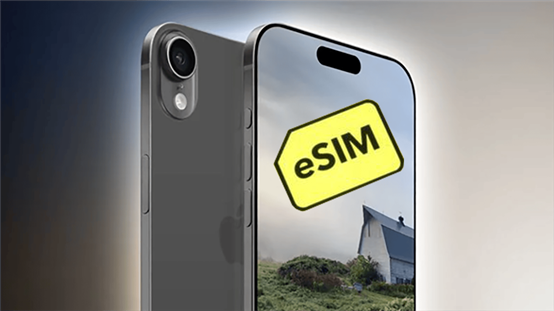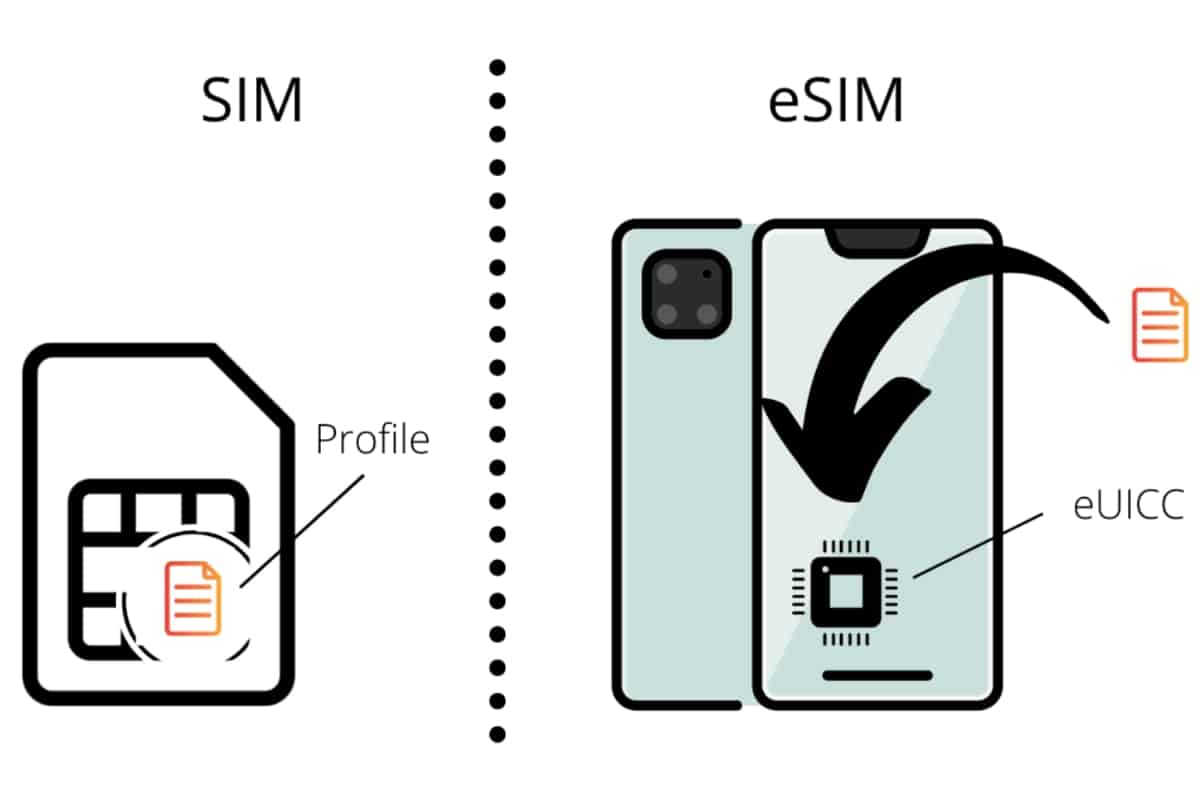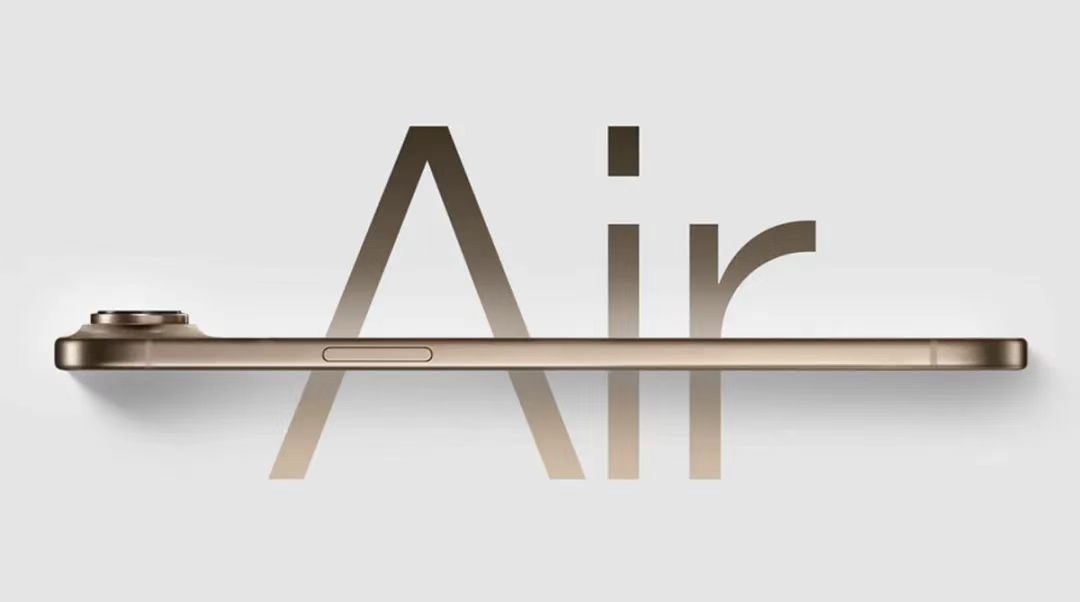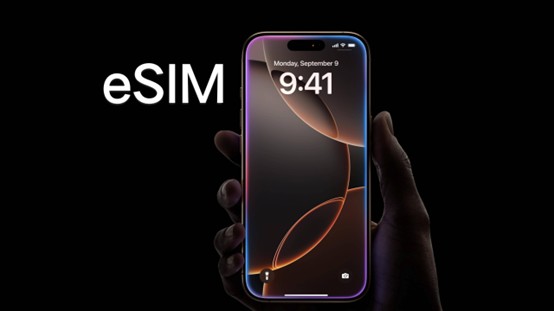In 2022, with the release of the iPhone 14 series, the American version of Apple phones eliminated the physical SIM card slot and fully adopted eSIM technology. By using eSIM technology, users can easily achieve dual SIM dual standby, and even simultaneously connect to two or three different operators, using different numbers and data simultaneously.

Regrettably, since the official release of the eSIM version of iPhone in 2022, China has not supported eSIM technology. Therefore, the iPhone sold in China has always had a physical SIM card slot. Over the past few years, with the continuous release of new models, the differences between the Chinese version of iPhone and the American version have caused many users to feel inconvenient.
However, on July 13, 2025, China Unicom just launched the eSIM service registration page for mobile phones. This marked a crucial step for domestic operators in the commercial application of mobile eSIM technology within China.
The website information indicates that users who are initiating the eSIM service for the first time need to bring their valid ID cards and devices that support eSIM to the offline business hall for processing; for non-first-time users, they can directly submit the information through the online page to complete the process. However, as of now, there are no iPhones with the eSIM version available in China, and this function has not been fully opened yet. The options provided on the webpage are temporarily unavailable.

In fact, as early as 2018, China Unicom had already launched eSIM business pilot programs in 6 cities including Shanghai and Guangzhou. In 2020, the three major mobile operators in China were all granted approval by the Ministry of Industry and Information Technology to apply eSIM technology in the field of the Internet of Things. However, up to now, China's eSIM technology in the commercial application sector is still at the trial stage.
It has been reported that eSIM technology may be officially put into use in the second half of this year to support the release of the iPhone 17 Air version in September. The iPhone 17 Air will be a slim model, aiming to replace the unpopular Plus version in recent years. More and more leaks indicate that the thickness of the iPhone 17 Air will be only 5.5 mm and its weight will be only 146g. If released, it will become the thinnest model in Apple's history. Due to its ultra-thin design, this iPhone will eliminate the traditional physical SIM card slot and only support eSIM. If so, the use of its Chinese version will rely on the eSIM service support of local operators.

It is reported that apart from Apple, several major Chinese mobile phone brands will also test and adopt eSIM technology in their next-generation flagship phones. A well-known tech blogger has revealed that Huawei has been testing the implementation and use of eSIM technology in its phones.




